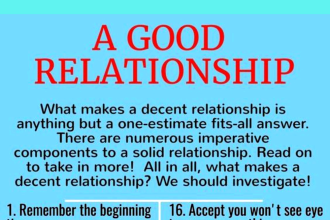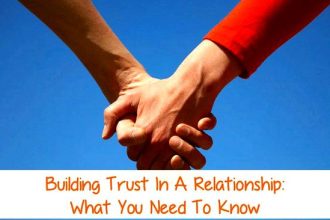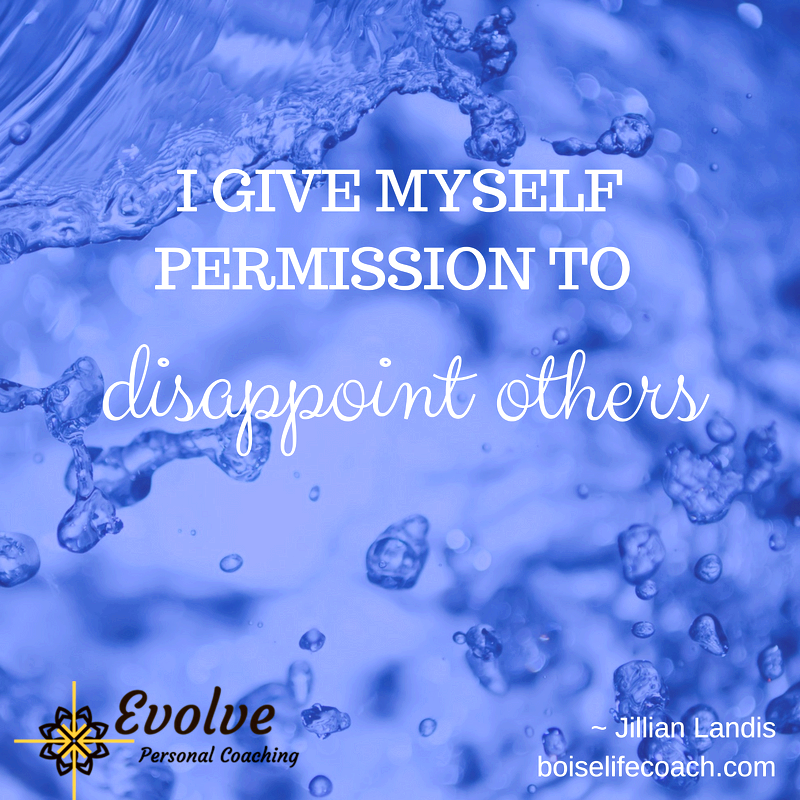1. Acknowledge your feelings
After experiencing disappointment in a relationship, it is important to first acknowledge your feelings. Allow yourself to feel the sadness, anger, or hurt that may arise. It is okay to feel these emotions and they are valid. By acknowledging and accepting your feelings, you can begin the process of healing and moving forward.
Take the time to reflect on what specifically caused your disappointment. Was it a broken promise, a betrayal, or unmet expectations? Understanding the root of your disappointment can help you process the situation and gain clarity on how to address it.
Avoid suppressing your emotions or pretending that everything is okay. This will only prolong the healing process and may lead to unresolved issues resurfacing later on. Instead, give yourself permission to feel and express your emotions in a healthy way.
Seek support from friends, family, or a therapist if needed. Talking about your feelings with others can provide valuable perspective and help you navigate through your emotions. Remember, self-assertion after disappointment starts with acknowledging and honoring your feelings.
2. Reflect on the relationship
The only way to do great work is to love what you do.
Steve Jobs – Co-founder of Apple Inc.
After experiencing disappointment in a relationship, it is crucial to take time to reflect on what went wrong. Consider the dynamics between you and your partner, communication issues, and any unresolved conflicts. Reflect on your own actions and reactions during the relationship, and think about what you could have done differently. It’s important to be honest with yourself and acknowledge any mistakes you may have made.
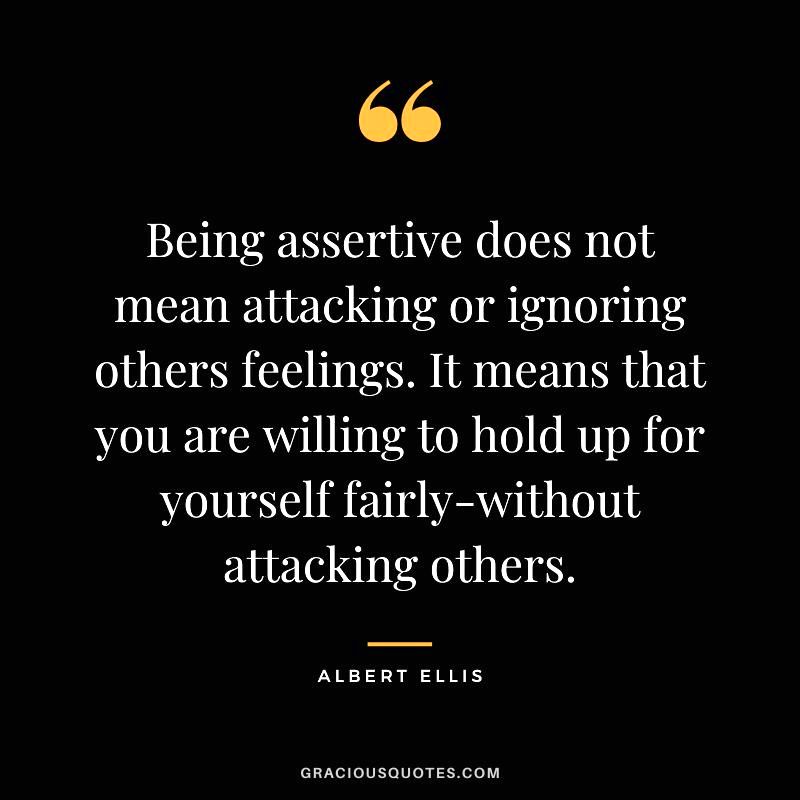
Reflecting on the relationship can help you gain a better understanding of yourself and your needs in a partnership. It can also provide valuable insight into what you are looking for in future relationships and how you can improve your communication and conflict resolution skills. Take this time to learn from your past experiences and use them as a foundation for personal growth and self-improvement. Remember, every relationship teaches us something valuable, even if it ends in disappointment.
3. Seek support from friends and family
After experiencing disappointment in a relationship, it is important to seek support from your friends and family. Surrounding yourself with loved ones who care about you can help you feel validated and understood. Talk to them about your feelings and let them provide you with comfort and encouragement. They can offer a fresh perspective on the situation and remind you of your worth. Additionally, spending time with friends and family can distract you from negative thoughts and emotions, allowing you to focus on healing and moving forward. Remember that you are not alone, and there are people who care about you and want to see you happy. So don’t hesitate to reach out and lean on them for support during this challenging time.
4. Focus on self-care and self-love
Setting boundaries is crucial after experiencing disappointment in a relationship. It’s important to know your limits and communicate them effectively to your partner. By setting boundaries, you are showing self-respect and asserting your needs and wants.
Prioritizing your own needs is essential for self-assertion after disappointment. Take time to focus on yourself and what makes you happy. Whether it’s spending time with friends, pursuing a hobby, or simply taking care of yourself, make sure to prioritize activities that bring you joy and fulfillment.
Remember, self-assertion is not about being selfish, but about setting healthy boundaries and taking care of yourself. By setting boundaries and prioritizing your own needs, you are showing yourself love and respect, which can ultimately lead to healthier and more fulfilling relationships in the future.
Success is walking from failure to failure with no loss of enthusiasm.
Winston Churchill – Former Prime Minister of the United Kingdom
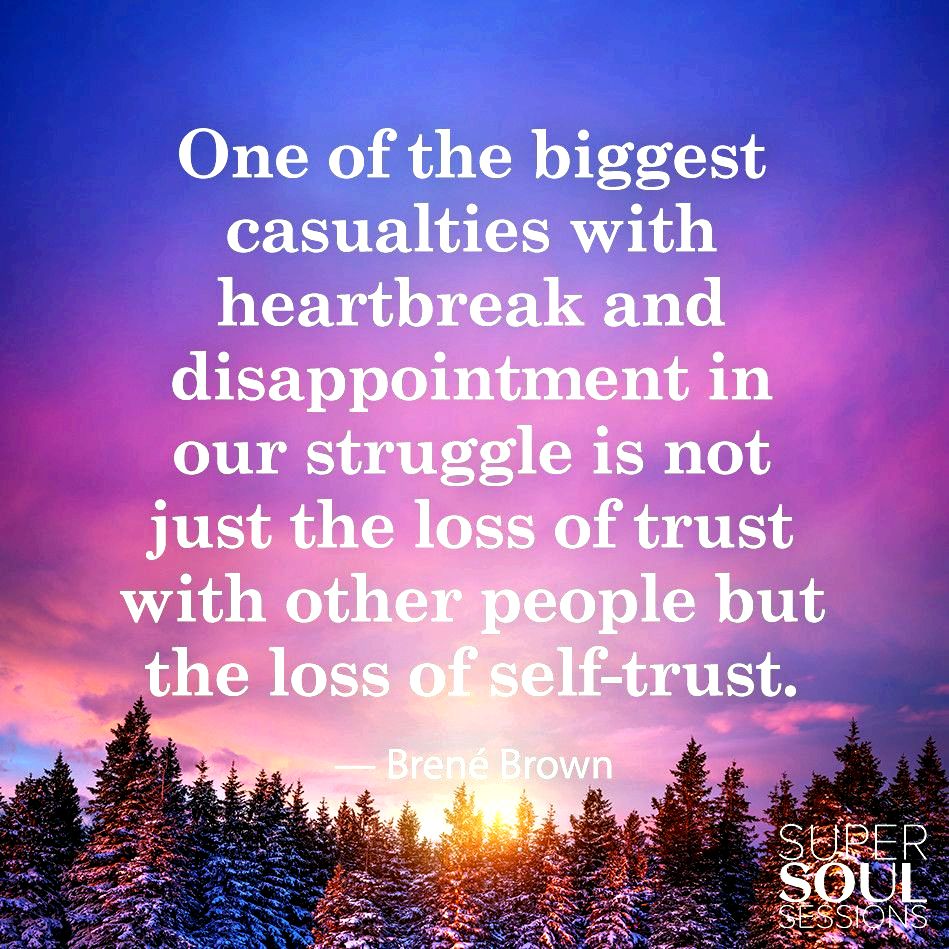
6. Engage in new hobbies and activities
After experiencing disappointment in dating or love, it can be helpful to focus on yourself and discover new interests. Engaging in hobbies and activities that you enjoy can boost your self-esteem and confidence. Whether it’s taking up a new sport, learning a new skill, or joining a club or group, immersing yourself in new experiences can help you move forward and grow as an individual. Not only will you have something positive to focus on, but you may also meet new people who share your interests and expand your social circle. By trying new things and stepping out of your comfort zone, you can rediscover your passions and strengths, ultimately leading to self-assertion and personal growth. Embrace the opportunity to explore new hobbies and activities as a way to move past disappointment and create a fulfilling life for yourself.
7. Consider seeking professional help or therapy
If you find that you are struggling to assert yourself after experiencing disappointment in a relationship, it may be beneficial to seek out the support of a therapist or counselor. Therapy can provide you with a safe space to explore your feelings, gain insight into your patterns of behavior, and develop healthier ways of communicating and asserting yourself in relationships.
A therapist can help you work through any underlying issues that may be contributing to your difficulties with self-assertion, such as low self-esteem, fear of rejection, or past trauma. They can also teach you skills and techniques to improve your self-confidence and assertiveness, enabling you to advocate for your needs and boundaries in a more effective way.
Remember, seeking help is a sign of strength, not weakness. By reaching out to a professional for support, you are taking an important step towards healing and growth. Don’t be afraid to ask for help when you need it – you deserve to have fulfilling and healthy relationships in your life.

